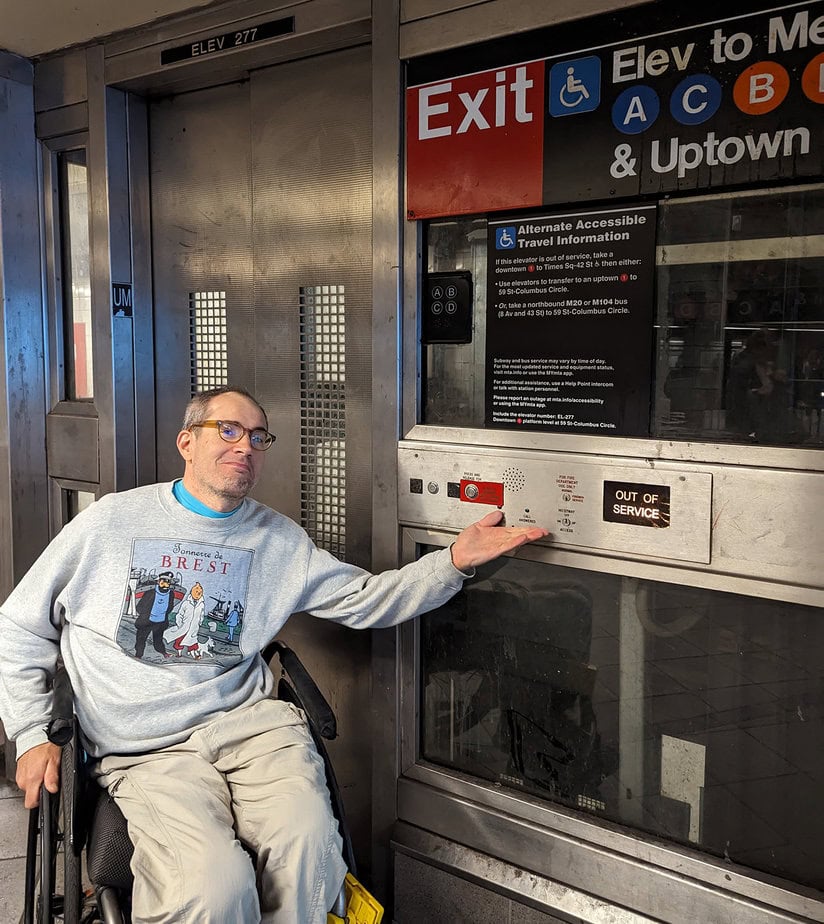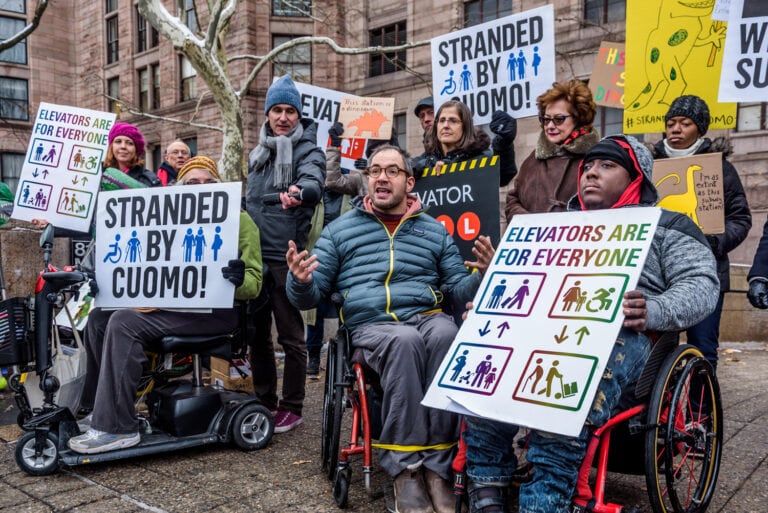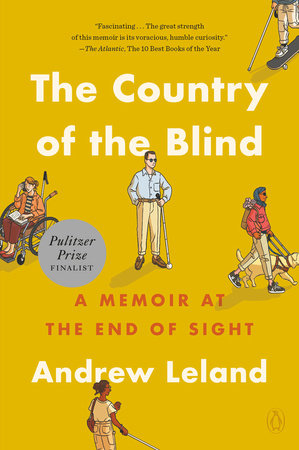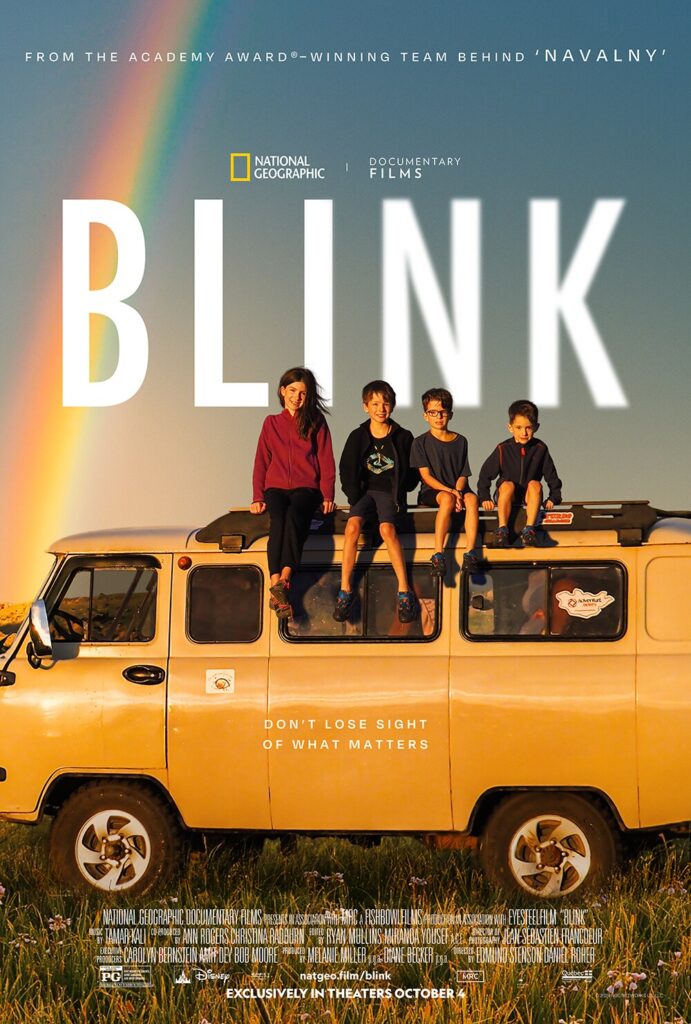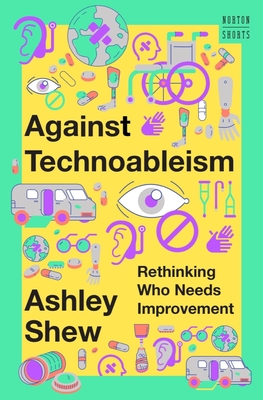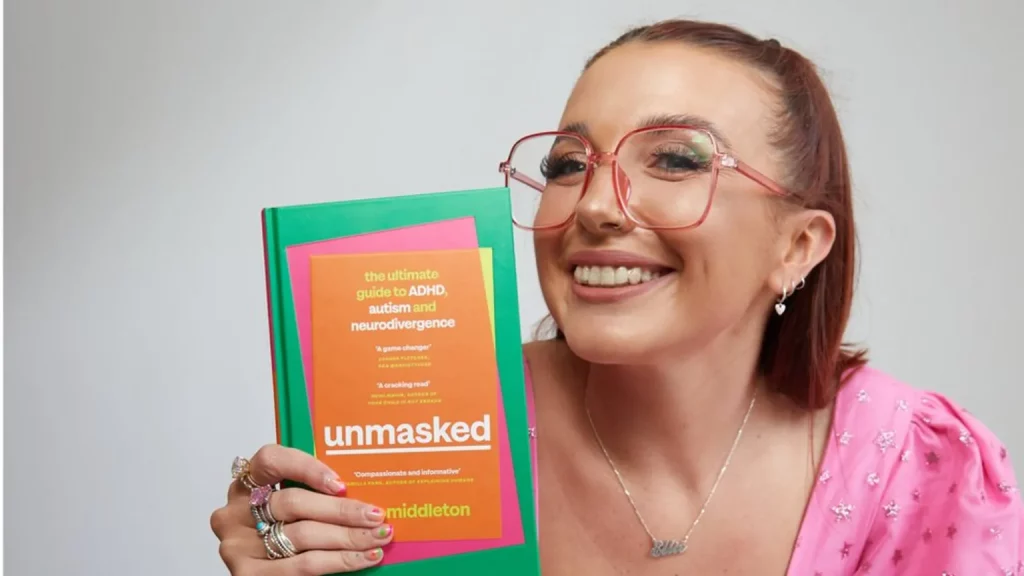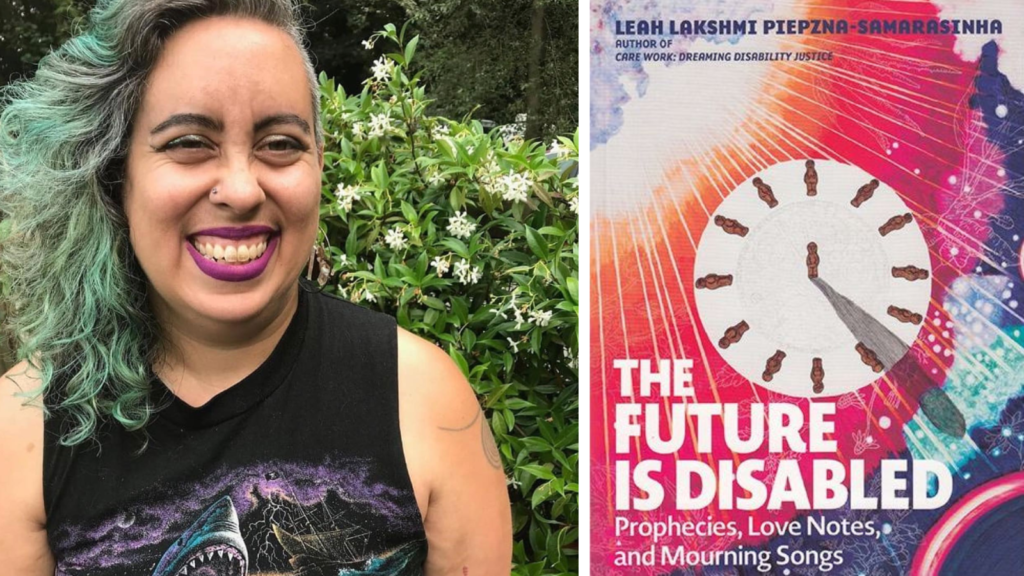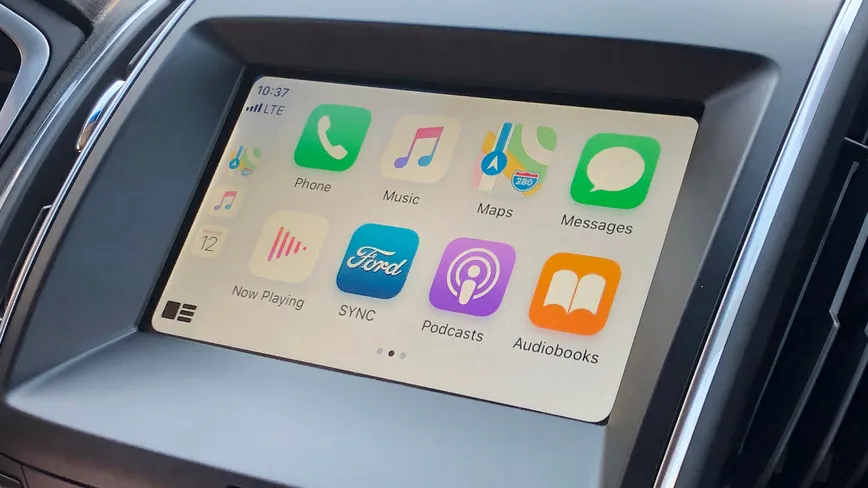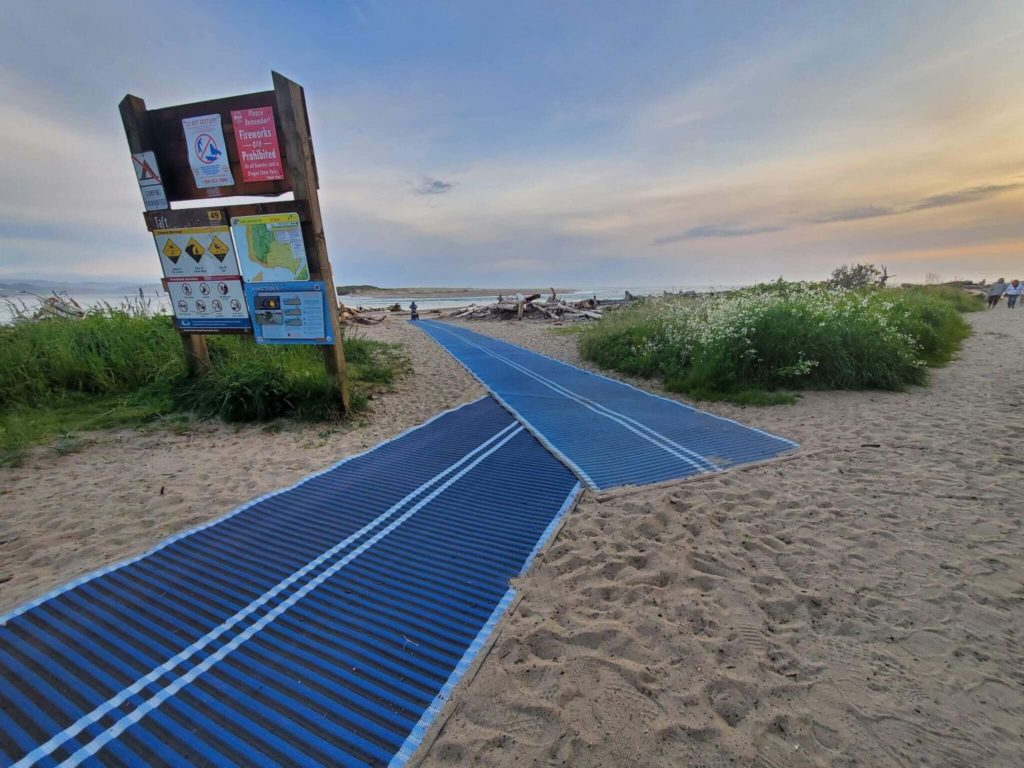The Early Years
When I first became a parent, I couldn’t imagine what my child’s adulthood would look like. Even more so as he became a toddler then pre-schooler then kindergartner who was largely non-verbal. I worried about his support needs and what his future might hold. Thankfully, he blossomed at a small charter school Kindergarten through 4th Grade. And now talks my ear off, mostly about his areas of interests. And I do the same since we are both autistic.
Young Adulthood
High school wasn’t without its hiccups. But in his senior year he became Homecoming King. When I was growing up, it would have been unlikely for an autistic student to achieve such a level of popularity. This milestone was exciting for both of us. He still has his crown. And when he started college, he found his friend group in an amazing anime club. He’s got a great social life.
The Era of Underemployment
Unfortunately, work has been more difficult. He started his first job in January 2020. He loved it! But he was laid off just a few months later due to the COVID pandemic. I told him not to worry about working and to focus on college. However, after college graduation, it took nearly six months of applications and interviews to be hired into a service industry job.
His place of employment isn’t far from home for someone who drives, but my son has a history of petit mal seizures. He has a driver’s permit but no license. I intentionally purchased our home near a major bus line. But it takes at least an hour of public transportation each way, which is difficult during Minnesotan winters. He’s been employed there for a year and a half but just barely. They’ve been cutting more of his shifts since Spring. He’s been looking for a service industry job closer to home but receives no response to most applications. If he does receive a response, it’s a rejection. It has been discouraging. He has work experience under his belt along with food handling certification. I would suspect bias against him due to his autism, but he’s being ghosted or rejected before any interactions have occurred.
An Arbitrary Age
Pre-COVID, I’d hoped my son would find full-time employment, with benefits, after he graduated from college. That has not been the case. Then the inevitable happened. He aged out of my insurance in September. That age is currently 26. If I wanted, I could add a romantic partner to my employer-based health insurance but I’m not allowed to keep my most important family member, my son, on my coverage. Instead I’ve spent the last several months attempting to help him get enrolled in Medical Assistance. But we have encountered barrier after barrier.
Functional and Accessibility Errors
- I attempted to create his account on MNsure.com but received a vague and unhelpful error message of “Online Service Problems“
- My therapist recommended a health insurance broker who could help us navigate this nonsense so I made an appointment.
- We encountered the error message because my son does not have a credit score. And that’s how the system validates a person’s identity. Yay, capitalism.
- Someone at MNSure had to manually create my son’s account.
- Our helper submitted all the documents that were requested of us. We thought.
- Weeks later, we found out the request for account creation was denied for not having the proper signature. The broker apologized. She saw that the top of the policy states, “an image of a handwritten signature transmitted electronically, such as by fax, secure email or text message.” But missed that later in the policy it states “the consumer uses a pen to write, ‘I, (consumer’s full name), understand that I am signing MNsure’s Account Request Form to create an online account.’ The consumer then includes a handwritten signature below the statement and writes the date.”
- We resubmitted with the full statement.
- Several more weeks later, success! The MNsure account was created.
- We then logged into the MNSure account to apply for Medical Assistance (this is how it’s set up in Minnesota). Only to encounter another error message:

On Hold
My son has been uninsured since the end of September. I am anxious to resolve this situation. This morning we spent two hours on hold and a handful of minutes actually speaking with someone. Only to learn this latest error was because I’d entered the dashes in my son’s Social Security Number. Which is the usual format. But the form had been built without a required format or help text or a helpful error message. I’ve been a web developer for decades and an accessibility professional for the last 10+ years. I’m annoyed that I didn’t figure this out on my own but it is a clear accessibility failure. Particularly WCAG 3.3.1 Error Identification and WCAG 3.3.2 Labels or Instructions. The site needs to:
- Provide necessary instructions that are as specific as possible with the errors so that users can take necessary action.
- Provide instructions with the form fields that require specific data or a specific format.
If I am experiencing this much difficulty navigating the application process, I can only imagine how much more challenging it may be for individuals with greater support needs, those who speak English as a second language, caregivers, individuals working multiple jobs, or those with any combination of these circumstances. It’s 2025! It’s not that difficult to build or rebuild / remediate these components to be more usable.
Are We There Yet?
We have gotten much closer to our goal. I am thankful he has no pre-existing medical conditions or prescriptions, other than an epi-pen for a bee sting allergy. But I won’t fully relax until we receive confirmation my kid is enrolled in Medical Assistance with all of his selections chosen. I hope we won’t encounter any additional barriers on that journey. Wish us luck!
* The title of this post comes from a piece of hold music by Harriet Goldberg that we heard over and over again this morning. I shazamed it and it turns out there is an interesting story behind the song.
1 Comment